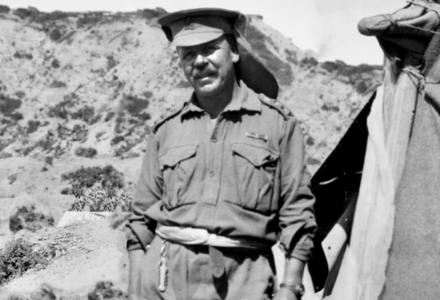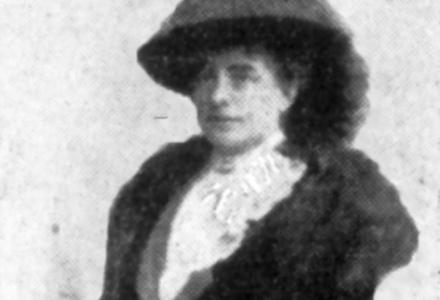William Riley was an orphan. His parents died of tuberculosis when he was very young. William was separated from his two sisters and they would never meet again. He was sent to the Burwood Boys’ Home in Victoria, taught the rudiments of reading and writing, schooled in scripture and gardening, then told he must make his own way in the world.
Within weeks of his 18th birthday, William joined the Army. He served fourteen months with the 60th Battalion, fell ill within weeks of arriving in France, was shipped to away to England and died.
In the 1920s there was nobody to choose William Riley’s epitaph. His grave reads like a roll call, noting only rank, battalion, and age. Nor was there anyone to receive his medals or medallions or memorial scrolls issued by a ‘grateful King’. Those trinkets of condolence were mass produced in England and issued to grieving families across the Empire, honouring around a million dead.
But each Remembrance Day, Mrs Betty Horskins of Glen Waverley, thinks of William Riley. She chanced on the lad’s story in her research:
How sad, a young man who belonged to no one. To have not a soul that was family… There being no loved ones to accept his medals … the authorities asked if the Boys’ Home would accept them. The Committee agreed - I wonder where the medals are now. Fancy fighting and dying then what little you owned and what you were entitled to ends up with a committee.
Mrs Horskins became a kind of fictive kin for a boy without a family, one of countless thousands who endured ‘the awful events’ of the Great War.
Burwood Boys’ Home was disestablished in 1972. The ‘mementoes’ it had pledged to ‘preserve in a suitable manner’ have vanished without trace. So too in a sense has William Riley. A young man, of whom nothing is left bar the official record, ‘a lost soul’ Betty Horskins has ‘adopted’ as her own.
William Riley’s story reminds us of the way war affected different individuals in different circumstance. It also highlights an inequality of remembrance. When some people die, a whole world mourns their passing—their loss is sorely felt by family, community, and friends. But deaths like William Riley’s are more anonymous. In the Great War, thousands perished almost unnoticed, lives cut short almost before they had begun. Finally, the Riley story alerts us to the power of what some have called transgenerational memory. One hundred years since the end of that conflict, fictive kin as well as actual descendants feel an imperative to mourn the lost.



